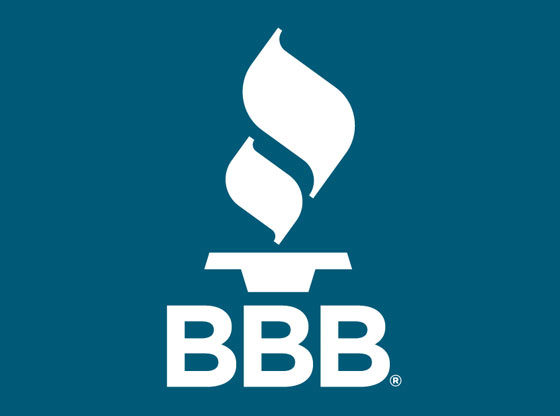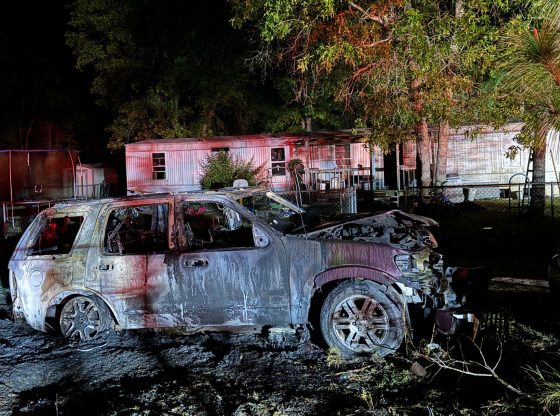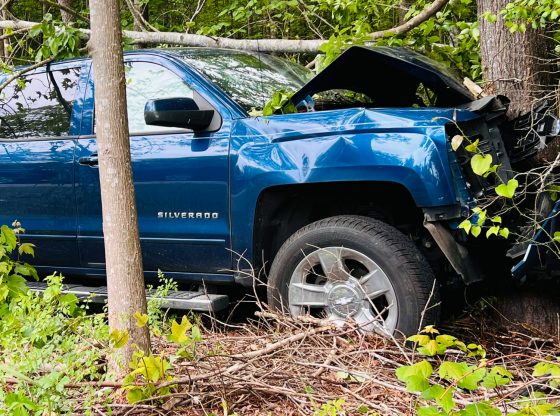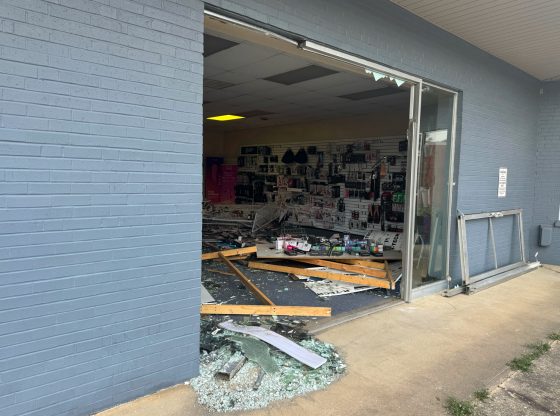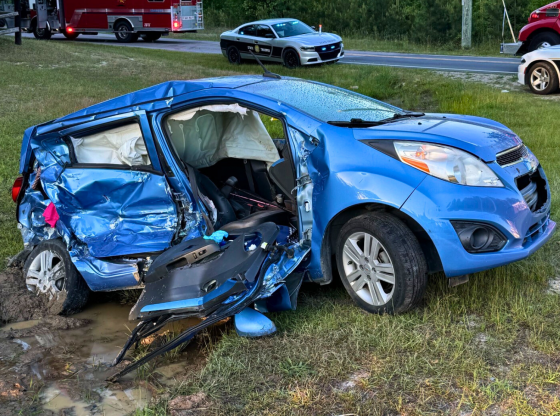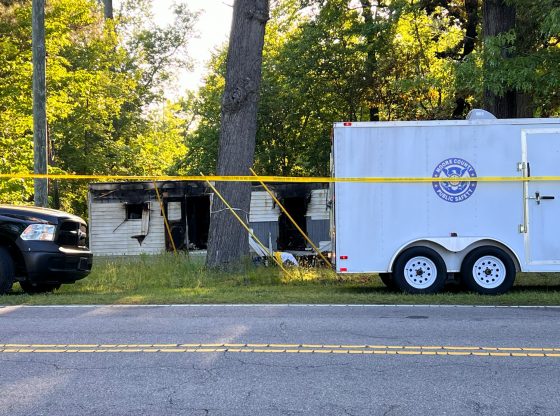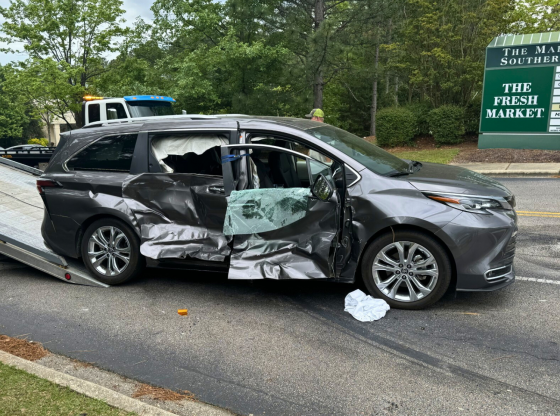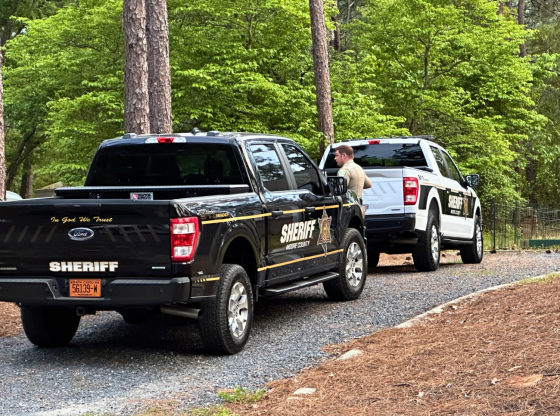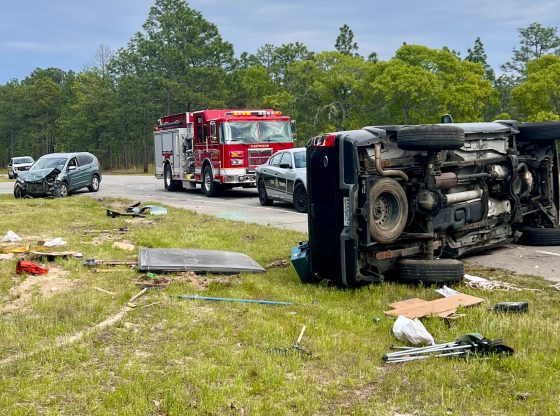Emergency scams prey on the willingness of an unsuspecting, worried individual to help friends and family in need. Social media sites allow scammers to look up information and sometimes incorporate nicknames and real school details into the con to convince their targets. Better Business Bureau Serving Eastern Carolinas (BBB) is warning about the “grandparent scam,” where the con artist contacts a grandparent claiming to be their grandchild, making up an urgent situation and pleading for help — or money.
How the scam works:
You get a call, email, or social media message from someone claiming to be a distressed family member. They may say they’ve been arrested, or there was an accident, medical emergency, or other calamity. The plea is so persuasive that the grandparent wires money to the scammer, only to find out their family member was safe and sound all along. This scam can also work in reverse, where the “grandparent” calls their grandchild, pleading for help.
One victim in Pittsboro filed a Scam Tracker report about their experience with an emergency scam: “A young man called, sounding distraught, and said, ‘Grandpa?’ My husband said, ‘Is this Justin?’ He said yes and continued to explain that he had been arrested after being in a car accident where he hit another woman who was pregnant. He was charged with ‘reckless driving’ and was meeting with the judge soon. He gave us the number of his ‘attorney.’ We called this man, and he said Justin needed $5,000 bail to get out of jail.” The victims reported sending the money to the scammer via Zelle and Venmo.
Recently, the FTC has warned that scammers are using voice cloning techniques to copy the voices of loved ones from videos they may find on social media or other sources. They can then use tools to imitate the voice of your loved one and have it appear to say whatever they wish in a call, adding to this scam’s confusing and frightening aspect.
Tips to spot this scam:
*Resist the urge to act immediately, no matter how dramatic the story is. Check out the story with other family and friends. Hang up or close the message and call your loved one directly. Don’t call the phone number provided by the caller or caller ID. Ask questions that would be hard for an impostor to answer correctly.
*Know what your family members are sharing online. You may not have control over your family’s social media accounts but familiarize yourself with what they share online.
*Don’t wire any money if there is any doubt about the call. If a person wires money and later realizes it is a fraud, the police must be alerted.
For more information:
To report a scam, go to BBB Scam Tracker. Learn more about all types of impostor scams.
To learn how to protect yourself, go to “10 Steps to Avoid Scams.”
For more information about BBB, visit BBB.org.
Contributed.


